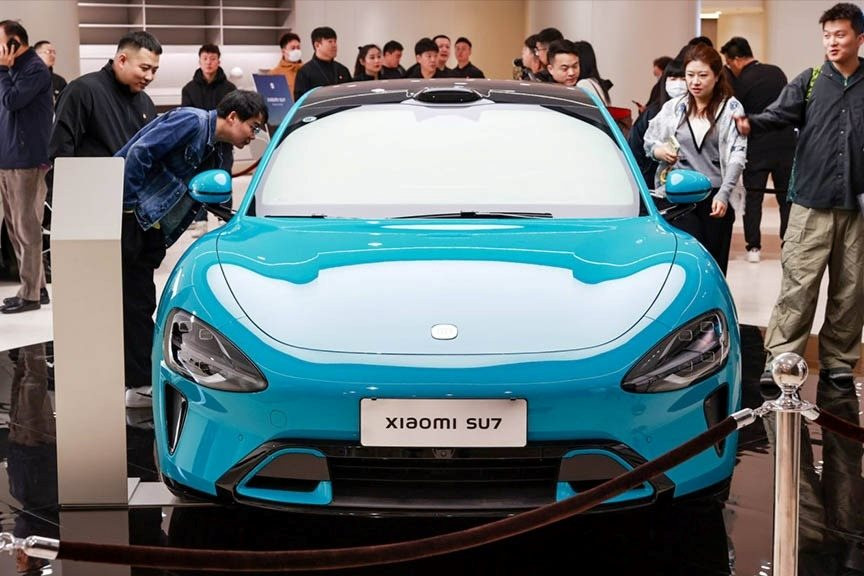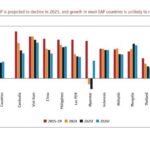
According to CarNewsChina, a new record was set in China in the first 2 weeks of April 2024, when sales of new energy vehicles (NEVs) exceeded 50% of the total number of vehicles sold in the country.
The term “new energy vehicle” is a Chinese umbrella concept encompassing various types of vehicles, but mainly including battery electric vehicles (BEVs) and plug-in hybrids (PHEVs).
According to data from the China Passenger Car Association, in the first half of April, retail sales amounted to 516,000 units, a decrease of 11% year-on-year and 3% month-on-month. These are no striking achievements compared to the past.
However, of those vehicles sold, 260,000 were NEVs, a 32% increase year-on-year and 2% month-on-month. This brought the NEV penetration rate in total car sales to 50.39%. This marks that new energy vehicles have officially become mainstream in the market and the era of fuel vehicles is gradually coming to an end.
Although this is only the result of two weeks, there are indications that this trend may continue throughout the year. Last month, BYD CEO Wang Chuanfu predicted that this result would be reached within the next three months.
Previously, the Economist Intelligence Unit predicted that NEVs would not account for more than half of all sales until 2028.
Another entity, the China Passenger Car Association, had only predicted a penetration rate of 40% for 2024, meaning that out of every 100 new cars sold, 40 would be new energy vehicles based on China’s production and sales of passenger vehicles in 2023 were 30 million units, meaning that new energy vehicle sales would reach 12 million units this year.
Against this backdrop, the market has recorded a decline in sales of gasoline-powered vehicles, something which has particularly affected the joint ventures in China.
In 2023, SAIC GM saw its sales drop by 14.5%, GAC Honda by 13.7%, and SAIC Volkswagen by 8%. March data showed that traditional fuel-powered models that used to be sales champions have declined rapidly, with the Toyota Camry seeing a drop of 59.2% and the VW Lavida of 36.4%.
Recently, Wang Chuanfu also made another prediction, saying that joint ventures between Chinese companies and foreign carmakers will only have about 10% of the market share left.
Reference: CNC





































